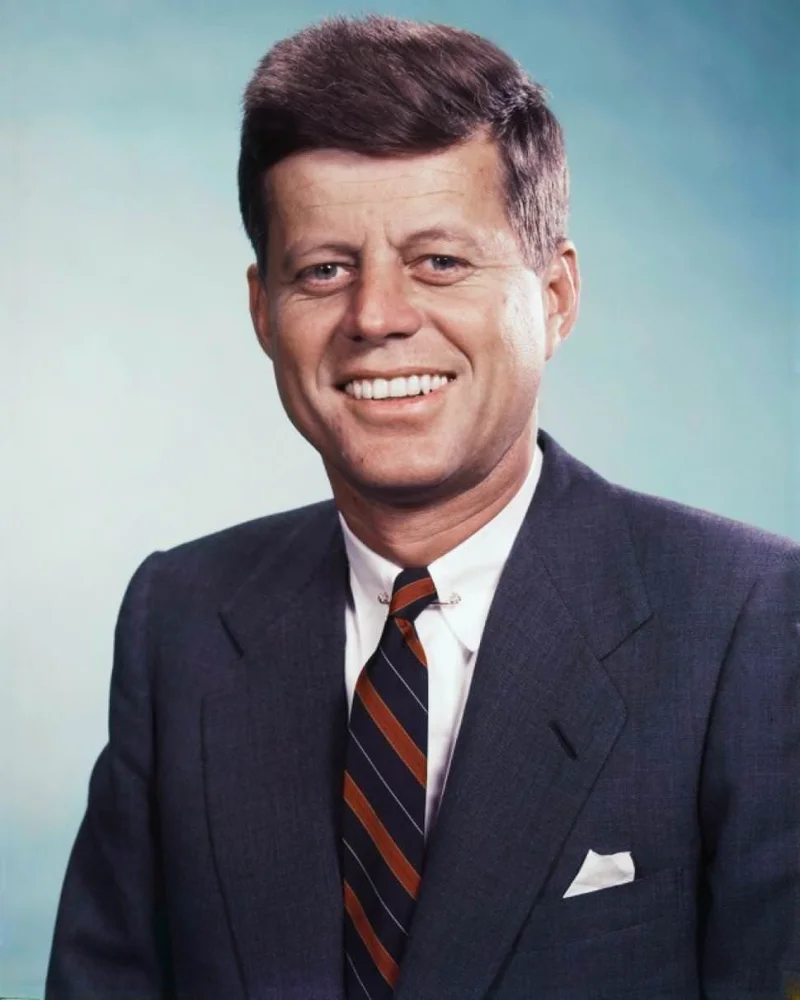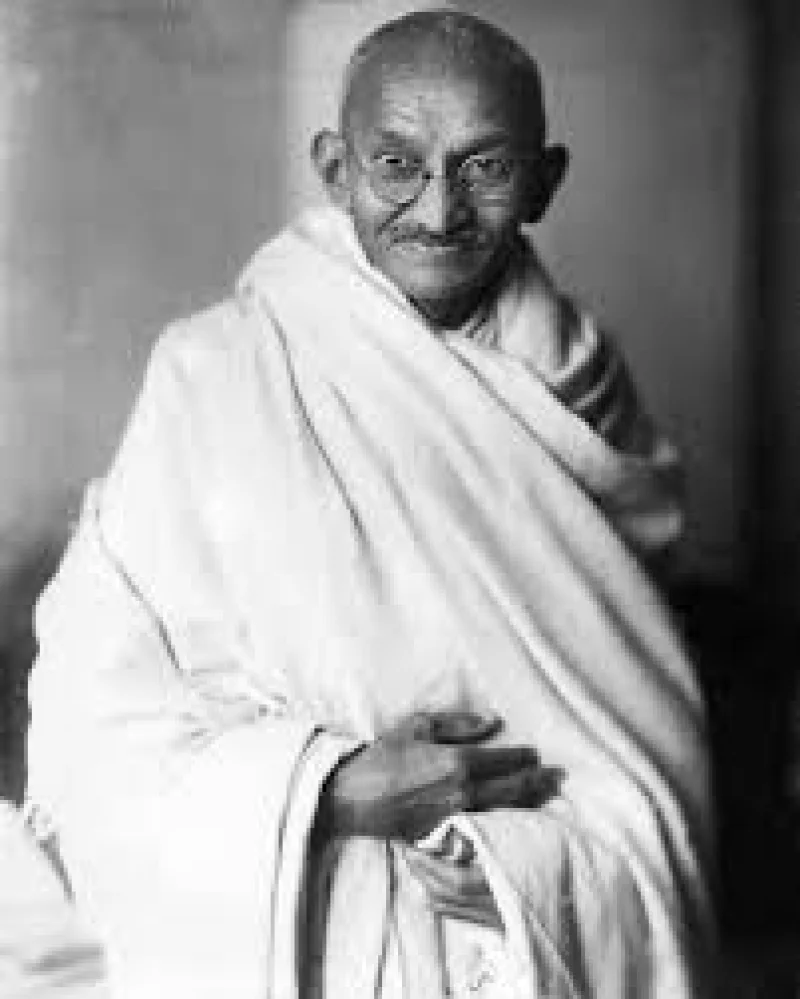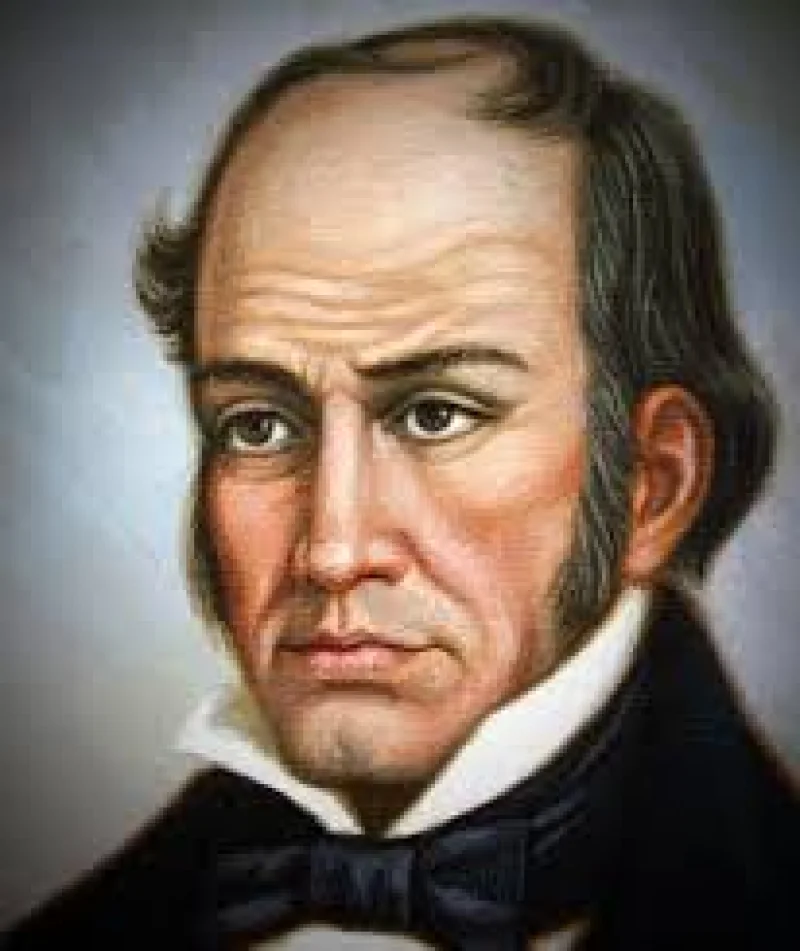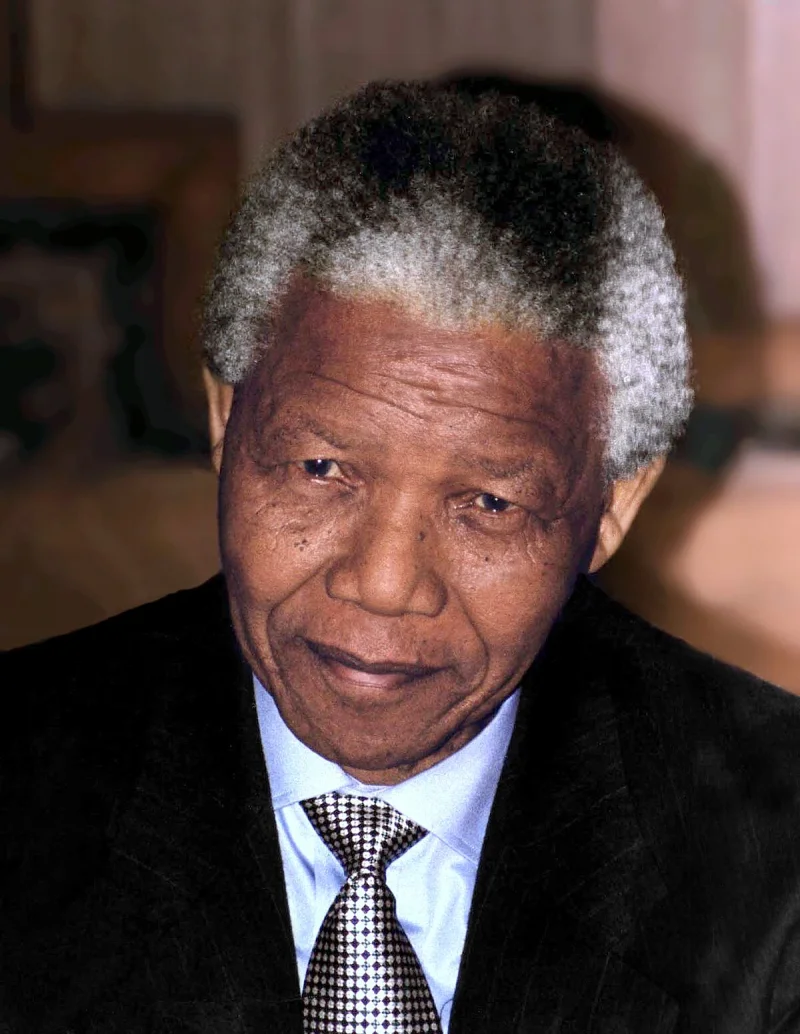Short Summary
John F. Kennedy was the 35th President of the United States, serving from January 1961 until his assassination in November 1963. He is famous for navigating the nation through significant events such as the Cuban Missile Crisis and for launching the ambitious goal of landing a man on the Moon. His presidency is often remembered for its youthful energy and the promotion of civil rights. Kennedy's life and leadership had a profound impact on American history and left a lasting legacy.
Early Life & Education
Born on May 29, 1917, in Brookline, Massachusetts, John Fitzgerald Kennedy was the second of nine children in the wealthy and politically prominent Kennedy family. His father, Joseph P. Kennedy Sr., was a successful businessman and diplomat. He attended several prestigious schools, including the Choate School and later Harvard University, where he graduated in 1940 with a degree in international affairs. During his Harvard years, his senior thesis was published as a book, "Why England Slept," which gained him early recognition. Kennedy's early life was marked by his family's emphasis on public service and political involvement.
Career Highlights
After serving in the U.S. Navy during World War II, Kennedy entered politics. He was elected to the U.S. House of Representatives in 1946 and served three terms. In 1952, he won a seat in the U.S. Senate, representing Massachusetts. As a senator, Kennedy championed issues such as labor rights and civil rights. In 1960, he ran for the presidency and won against Richard Nixon, becoming the youngest elected U.S. president. His presidency was marked by events like the Bay of Pigs invasion, the Cuban Missile Crisis, and the establishment of the Peace Corps.
Major Achievements
- Launched the Apollo space program, setting the goal to land a man on the Moon by the end of the 1960s.
- Averted nuclear conflict during the Cuban Missile Crisis through careful diplomacy and negotiation.
- Established the Peace Corps, promoting international peace and friendship through volunteer work.
- Advocated for civil rights legislation and delivered a landmark speech endorsing equal rights for all Americans.
Famous Quotes
- "Ask not what your country can do for you—ask what you can do for your country."
- "We choose to go to the Moon in this decade and do the other things, not because they are easy, but because they are hard."
Interesting Facts
- Kennedy was the first Catholic president of the United States.
- He was awarded a Pulitzer Prize for his book "Profiles in Courage."
- His administration was nicknamed "Camelot" due to its charisma and idealism.
- He survived a serious back injury during World War II, which continued to affect him throughout his life.
Legacy / Influence
Kennedy's presidency left a lasting impact on American politics and culture. His vision for space exploration paved the way for future missions, including the Moon landing in 1969. His advocacy for civil rights contributed to significant legislation in the 1960s. Kennedy's leadership style and speeches continue to inspire political leaders and the public alike, symbolizing a period of optimism and progress in American history.
FAQ
Q: Why is John F. Kennedy famous?
A: Kennedy is famous for being the 35th President of the United States, his handling of the Cuban Missile Crisis, and launching the Apollo space program.
Q: What was Kennedy's major contribution to space exploration?
A: He set the goal of landing a man on the Moon, which was achieved in 1969.
Q: How did Kennedy impact civil rights?
A: He advocated for civil rights legislation and delivered speeches promoting equality and justice.











